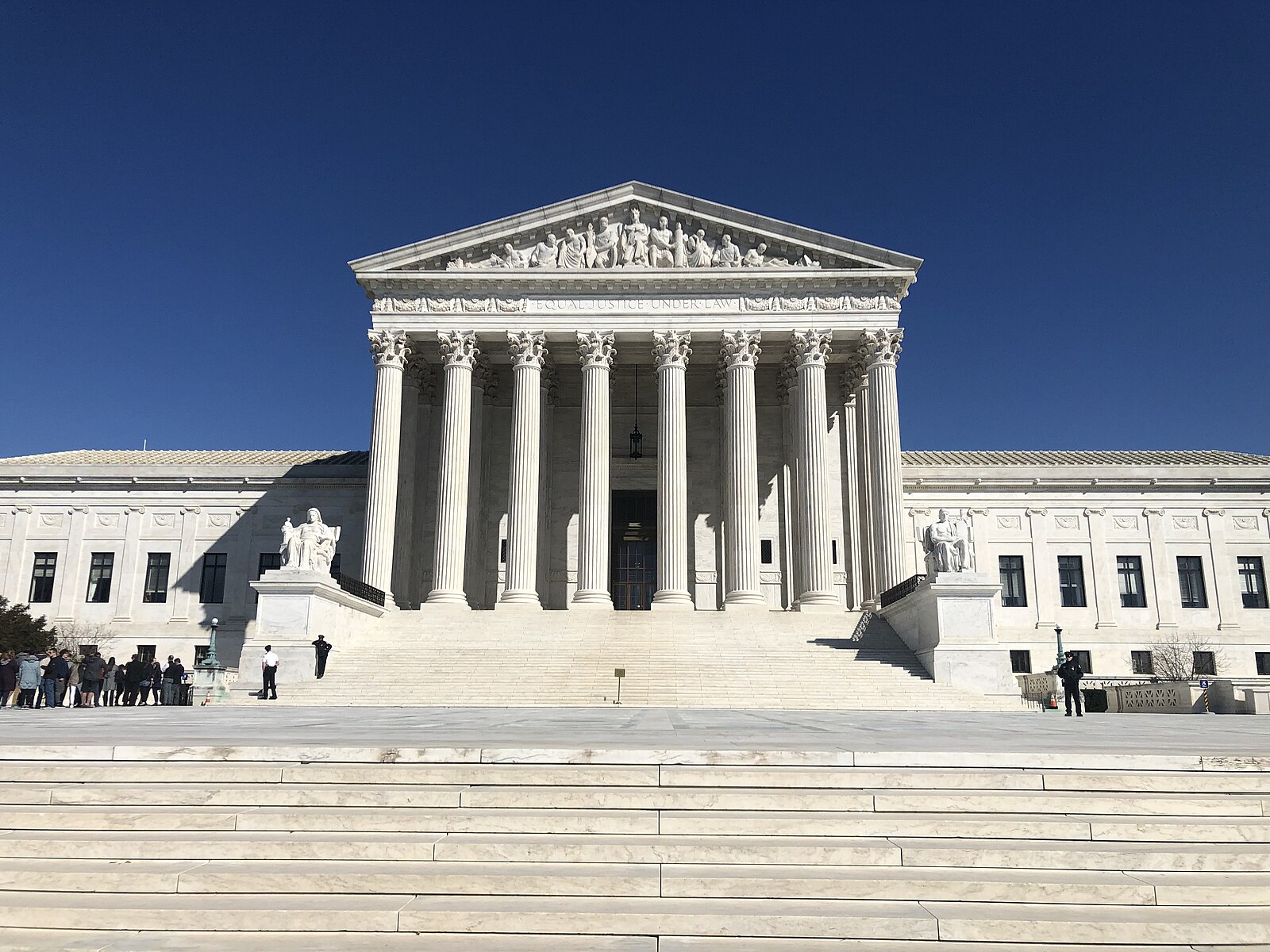Image credit: Wikimedia Commons
Since the Supreme Court struck down affirmative action at universities, some companies, schools & organizations are changing policies in response — out of fear & as a result of threats. That’s ironic because DEI was first introduced to protect companies from liability and discrimination lawsuits. If there’s a bright side, it’s that there are some instances where the work continues. Here’s a sampling of what’s been in the news.
Trump’s second-term agenda on LGBTQ issues alarms civil rights groups

Civil rights are a primary target of hostile policies laid out in Project 2025, the radical Republican agenda for a second Trump administration. It specifically calls for anti-transgender legislation, equating it with pornography & criminalizing it.
Racism, other social factors may affect Asian Americans’ heart health

According to a statement published in the American Heart Association journal, Circulation, factors such as “the experience of racism and discrimination, the unique patterns of and reason for immigration, and ethnicity-specific cultural norms and acculturation process” have been identified as probable contributors to cardiovascular health behaviors among Asian Americans. There’s been a call for more research into how and why these factors affect cardiovascular health and health behaviors. The article is scant on details, but similar evidence has been cited for the health of Black Americans, a process known as “weathering.”
The Daily Tarheel Civil Rights edition

At the University of North Carolina at Chapel Hill, the UNC Board of Governors has cut funding for all diversity, equity & inclusion initiatives. The editorial team at The Daily Tarheel composed an issue in response, exploring the implications for the school & its students. | UNC System announces multi-million dollar cuts for anti-discrimination positions and programs
Today is the first Disabled Women’s Equal Pay Day

On the other hand, September 18 marked the 1st ever Disabled Women’s Equal Pay Day, acknowledging the pay gap of 50 cents for every dollar a non-disabled man makes. (The gap is even steeper for Black, Latina & Indigenous women who are disabled).
A school board debate over Lower Merion’s equity policy led to ‘antisemitic statements and racist implications.’ The backlash continues.

And in local schools, editing anti-discrimination policies is leading to divisiveness related to anti-semitism & anti-blackness.
Yale, Princeton and Duke Are Questioned Over Decline in Asian Students

In the meantime, Edward Blum & the group who brought the affirmative action case against UNC-CH & Harvard, is scrutinizing the number of Asian & Asian-American students admitted to other elite universities.
Major companies abandon an LGBTQ+ rights report card after facing anti-diversity backlash

Some Fortune 500 companies will no longer participate in the Human Rights Campaign’s Corporate Equality Index, which ensured that gay, lesbian, bisexual, transgender & queer employees did not face discrimination in hiring & on the job. The scorecard has come under attack by the far-right wing, pressuring corporate America to abandon the initiative, even though they’ll still be rated by HRC.
Black moms are 25 percent more likely to have a C-Section than white moms.

Researchers found that the racial gap between Black women and White women could not be eliminated when controlling for socioeconomic characteristics, such as Medicaid coverage and education level.
Maternal mortality rates are highest among Black women, and physicians may be quicker to send a patient to a C-section in an attempt to lower risk.
About a third of babies in the United States are delivered surgically, which is twice as high as the recommended rate by the World Health Organization. So while some doctors may be attempting to reduce risk, C-sections come with a greater set of potential complications — some of them life-threatening — than a vaginal delivery.

